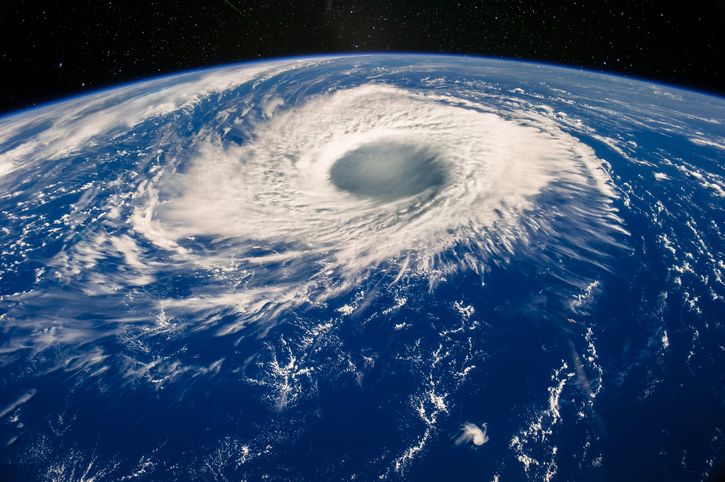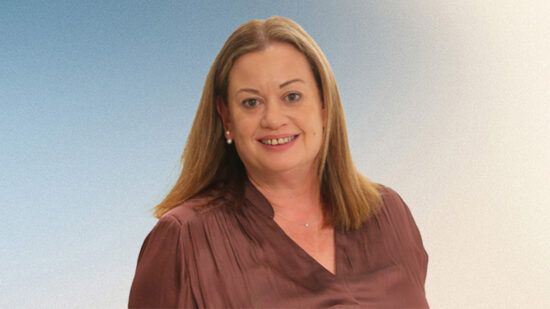Wall Street banking giants including Goldman Sachs, JP Morgan and Morgan Stanley are set to take part in a new Federal Reserve program to measure how extreme weather impacts portfolios and business strategies.
The “pilot climate scenario analysis exercise,” which will take place during 2023, marks one of the most concrete steps by bank watchdogs during the Biden administration to address risks that a changing climate pose to the financial system. In a stark reminder of the damage that severe storms can cause, more than 2.6 million Florida homes and businesses are without power on Thursday after Hurricane Ian ripped through the state.
The Fed said that the program is meant to assess the resilience of the firms under hypothetical situations. It won’t have any capital or supervisory implications for the firms, the regulator added. Bank of America, Citigroup and Wells Fargo will also take part, the Fed said.
“Participating firms will analyze the impact of the scenarios on specific portfolios and business strategies,” the Fed said. “The board will then review firm analysis and engage with those firms to build capacity to manage climate-related financial risks.”
The Financial Services Forum, a trade association to which the six banks belong, said its participating members looked forward to the pilot.
“Our members recognize the need for sound management of exposures to climate-related financial risks and have incorporated such risks into their risk-management frameworks for the past several years,” the group said.
At the beginning of the exercise, the board will publish details of the climate, economic and financial variables that make up the climate scenario narratives, the Fed said.
The role that the Fed – and financial regulators generally – should play in dealing with climate issues has become a hot-button issue in Washington, with Republican lawmakers arguing that watchdogs should stick to traditional oversight areas. Democrats, meanwhile, have insisted that agencies should do more to combat global warming.
Michael Barr, the Fed’s new vice chair for supervision, has sought to stay out of the fray. In a speech earlier this month, he said the central bank’s role in dealing with climate change is “narrow” and would be limited to looking at risks posed to the financial sector. He reiterated that the central bank wouldn’t tell lenders which industries should be offered financing.
In its statement on Thursday, the Fed said that its pilot was different from the regulator’s annual stress tests, which are meant to assess whether lenders can withstand a severe recession. “The climate scenario analysis exercise, on the other hand, is exploratory in nature and does not have capital consequences,” the Fed said.
But, Pat Toomey, the highest ranking Republican on the Senate Banking Committee, blasted the effort as a bid “to ultimately produce new regulatory requirements.” Toomey said in a statement that banks were already prepared to deal with risks from global warming and that the pilot was really “the first step toward pressuring banks into limiting loans to and investments in traditional energy companies and other disfavored carbon-emitting sectors.”








